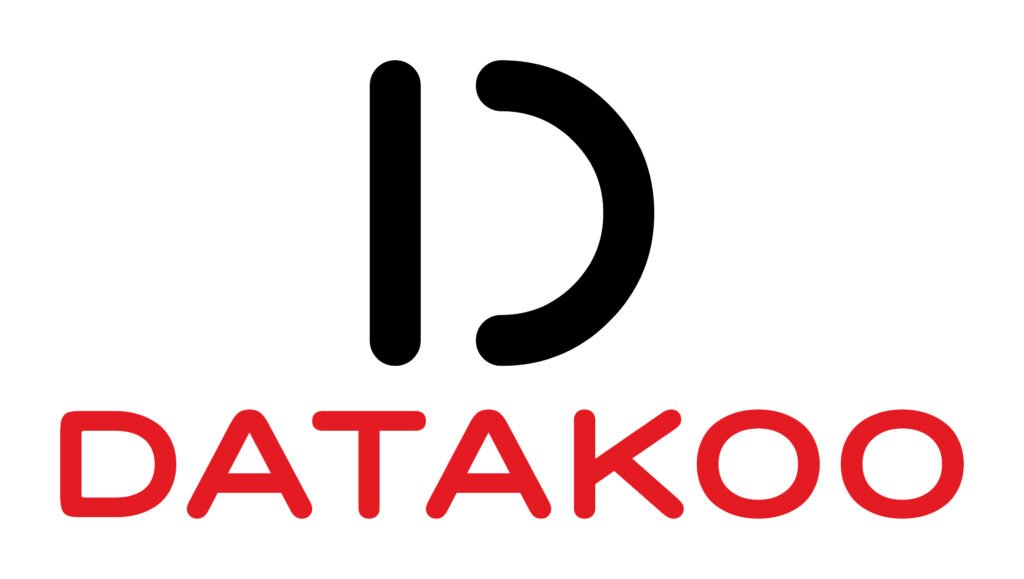Blockchain: A Revolutionary Technology Serving Diverse Sectors
Welcome to the Datakoo Consulting blog! Here you will discover the latest trends, tips and insights in the field of data. Join us to explore the innovations, successes, and feedbacks that are shaping our industry.
DATAKOO CONSULTING
Blockchain: A Revolutionary Technology Serving Diverse Sectors

When we hear about blockchain, our minds often turn to cryptocurrencies, particularly Bitcoin. However, this revolutionary technology extends far beyond decentralized financial transactions. Blockchain, with its immense potential, is now positioning itself as a catalyst for transformation across a multitude of sectors. But what makes this technology so special, and how is it redefining our most established practices?
A Solid and Secure Technological Foundation
To understand the impact of blockchain, one must first grasp its fundamental workings. Simply put, a blockchain is a distributed database. Every transaction or piece of data is recorded in “blocks,” which are then chronologically linked to form a “chain.” What sets blockchain apart from traditional databases is its decentralized nature: every participant in the network holds a copy of the blockchain, making it nearly impossible to alter or modify the data without the consent of the majority.
This inherent security makes blockchain particularly attractive for sectors where transparency and verifiability are essential. In a world where trust is often eroded, blockchain stands as a bulwark, ensuring that every transaction, every movement of data, is both traceable and immutable.
Blockchain in Service of Logistics and Supply Chain Management
One of the areas where blockchain is already making waves is in supply chain management. Let’s imagine for a moment the journey of a product from its creation to its final delivery. In a traditional supply chain, each stage—manufacturing, storage, transportation, distribution—is managed by different actors. This fragmentation makes tracking complex and opens the door to errors or fraud.
With blockchain, every step of the process can be recorded transparently and made accessible to all involved parties. Take the food industry, for example. Thanks to blockchain, it’s possible to trace the origin of a product, track its journey from farm to supermarket, and ensure that all safety standards have been met. In case of an issue, such as contamination, it becomes much easier to identify the source of the problem and respond quickly, thus minimizing risks to consumers.
Securing Data in the Healthcare Sector
The healthcare sector is another area where blockchain is beginning to show its potential. Today, medical records are often scattered among various healthcare providers, making access to medical information fragmented and sometimes insecure. Blockchain offers a solution by enabling the creation of a single register, accessible to all authorized healthcare professionals, while ensuring patient data confidentiality.
Imagine a patient with a chronic illness consulting multiple specialists. Thanks to blockchain, these doctors can access the patient’s complete medical history in real-time, ensuring more coherent and personalized care. Additionally, the enhanced security offered by blockchain significantly reduces the risks of hacking or theft of sensitive medical data.
Reinventing Financial Systems
Of course, it’s impossible to talk about blockchain without mentioning cryptocurrencies, but the impact of this technology on the financial sector goes far beyond the creation of new currencies. Blockchain is reinventing the way financial transactions are conducted. Cross-border payments, which used to take days and incur high fees, can now be completed in minutes with reduced costs, thanks to blockchain-based platforms.
Moreover, this technology allows the creation of “smart contracts,” self-executing agreements where the terms of the contract are directly written into the code. This eliminates the need for intermediaries, reduces processing times, and improves transaction efficiency. For example, in real estate, a smart contract could automate the release of funds as soon as all sale conditions are met, simplifying the purchase process for all parties involved.
Future Prospects: A Revolution in Progress
It is clear that blockchain is not just a passing technological trend. It is redefining entire sectors, bringing with it a new era of transparency, security, and efficiency. However, this transformation is still ongoing. For blockchain to fully realize its potential, challenges remain to be addressed, particularly in terms of regulation, interoperability between different blockchain systems, and reducing the technology’s energy footprint.
Nevertheless, the first concrete applications we are seeing today are just the tip of the iceberg. Blockchain is here to stay, and it promises to continue transforming our societies in profound ways. Those who can seize this opportunity will find themselves at the forefront of the next major technological revolution.
In summary, blockchain is not simply a technology of the future. It is already shaping our present, and its impact will be felt in many aspects of our daily lives in the years to come. The question is not whether blockchain will change the world, but rather how it will do so.
Start your data revolution today
Datakoo Consulting is not just a consulting firm; we are your beacon in the complex ocean of data. Our mission is to turn your raw data into valuable insights, illuminating the path to informed strategic decisions. With a team of passionate experts and tailored solutions, we lay the foundation for a data-driven future for your business.
